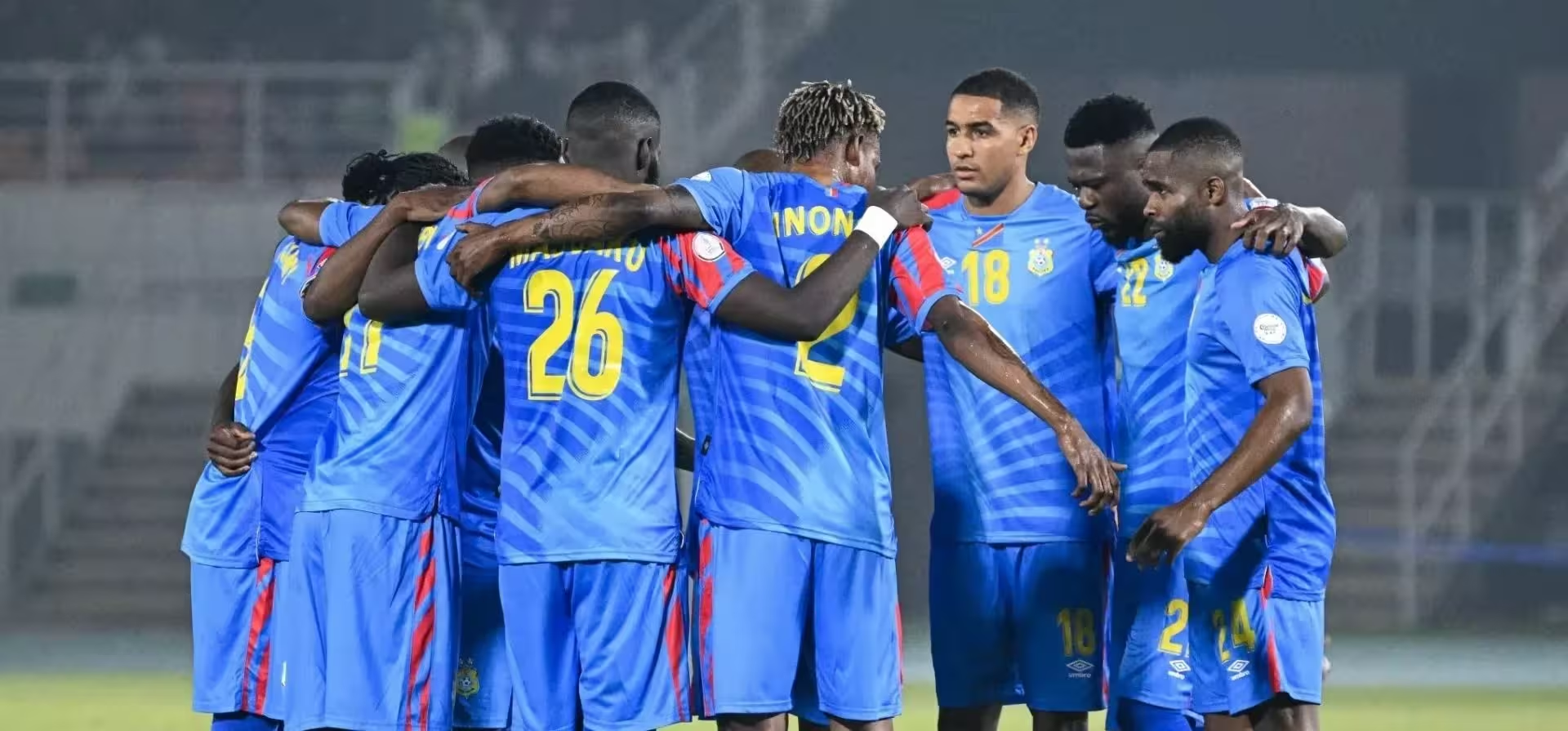Subtotal $0.00
FIFA approves eligibility switch for Congo players
FIFA has cleared two Congolese players to switch allegiance and play for Congo in the African qualifying playoffs. This decision could redefine Congo World Cup eligibility as the 2026 campaign edges closer to the field. Michel-Ange Balikwisha, a dynamic forward at Celtic, and Matthieu Epolo, a goalkeeper with Standard Liege, previously represented Belgium at youth level. FIFA’s rules allow such switches if a player holds citizenship and has not earned a competitive senior cap that would permanently bind them to another nation. The Congo World Cup eligibility story now moves from paperwork to on-pitch potential, shaping coach plans and selection strategy.
Officials acknowledge that integration will hinge on clearance timelines and fitness. If Balikwisha and Epolo are approved, Congo could refresh its squad with European experience and leadership. The playoffs demand quick adaptation, as opponents know Congo’s recent fixtures and tendencies. The national team staff will monitor club commitments, travel fatigue, and training load to protect form. The broader framework governs national switches and remains essential for Congo’s push in Africa’s qualifiers. For more context, see FIFA’s eligibility framework at FIFA eligibility framework and CAF’s governance pages at CAF.
Players involved: Balikwisha and Epolo
Balikwisha and Epolo bring varied profiles that could elevate Congo’s playoff approach. Balikwisha’s pace, dribbling, and ability to create from wide and central positions add a new dimension to the attack. He can influence tempo and pressing schemes, opening space for teammates. Epolo, known for calm hands and organized defense, could anchor the back line and improve distribution from the goal. Their European exposure and leadership could widen Congo’s tactical options and stabilize the spine for the playoffs. If cleared, the duo may help Congo deploy dynamic attacking patterns and reinforce defense in critical moments, advancing Congo World Cup eligibility.
Both players must complete the formal switch and obtain international clearance before selection. Their inclusion would signal a strategic shift toward players with European training and competitive conditioning. It could also encourage other dual-nationals to consider Congo as a route to senior international football. Coaches will assess fit with current starters and emerging talents, and plan fitness and camp schedules accordingly. The outcome for Congo World Cup eligibility depends on a timely, smooth transition and strong integration into the squad.
Impact on Congo’s World Cup qualifying campaign
The potential inclusion of Balikwisha and Epolo could influence tactical planning and formation choices. Balikwisha’s creativity could stretch defenses, create chances, and support a more versatile attack. Epolo’s presence in goal could improve resilience under pressure, especially in away fixtures where clean sheets matter. Together, they offer balance across the field and the added confidence of European competition experience. This is a meaningful development for Congo World Cup eligibility as the playoffs approach.
However, integration takes time. Fitness, club schedules, and on-field chemistry will influence immediate contribution. Coaches must balance travel, rest, and training with sharpness for high-stakes matches. If both players arrive in time, Congo may field a more resilient squad with stronger goalkeeping options, improving chances on the playoff path toward the 2026 World Cup. The season’s demands and schedule rhythm will test how quickly these players adapt to Congo’s system.
Understanding FIFA eligibility rules for national switches
FIFA’s eligibility rules allow a switch if the player holds citizenship and has not earned a competitive senior cap for another nation. In practice, players with dual nationality pursue a switch to broaden opportunities, which can strengthen teams like Congo for major tournaments. The framework is designed for fair oversight and to prevent eligibility disputes mid-campaign, making Congo World Cup eligibility decisions more predictable and manageable.
The process requires clearance from FIFA and the home federation, and in some cases consent from the country of origin. If approved, the switch becomes formal and the player is eligible for competitive matches. Youth appearances do not always block a switch if criteria are met. Congo World Cup eligibility hinges on a timely, compliant transition and alignment with coaching and fitness plans. Official details are available via FIFA rules and CAF policies.
- Citizenship or eligibility through descent
- No senior competitive appearance that cements allegiance
- One-time switch before senior cap
- Formal approval from FIFA and the relevant federation
This framework underpins how Congo can maximize eligibility in the evolving playoff landscape.
Context of the African qualifying playoffs
The African qualifying playoffs for the 2026 World Cup represent a high-stakes phase. The format features cross-border ties, home-and-away legs, and tight margins for error. The playoffs begin this week, placing Congo in a demanding, high-profile position. The inclusion of Balikwisha and Epolo could influence tactical planning, travel logistics, and selection strategies as coaches push to exploit every edge on the road to the World Cup.
As Africa’s route to the 2026 World Cup evolves, Congo’s eligibility decisions show how national teams adapt to governance and competition realities. If the players join the squad, Congo’s playoff approach could shift toward greater attacking balance and defensive robustness. Readers can follow updates on the official FIFA and CAF sites for changes to schedules, venues, and player confirmations. This moment captures the essence of Congo World Cup eligibility in a fast-moving playoff context.
















